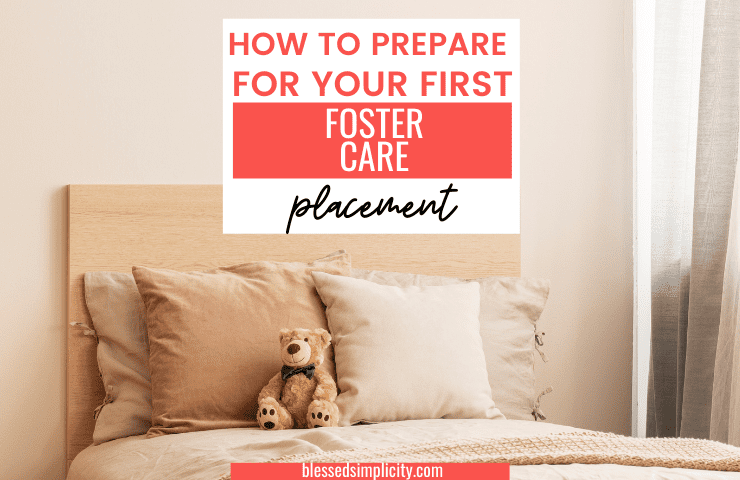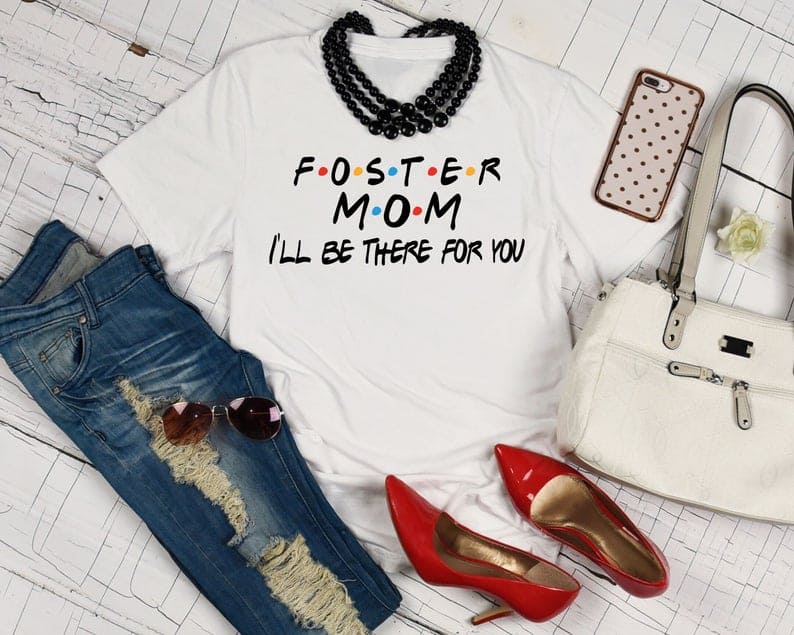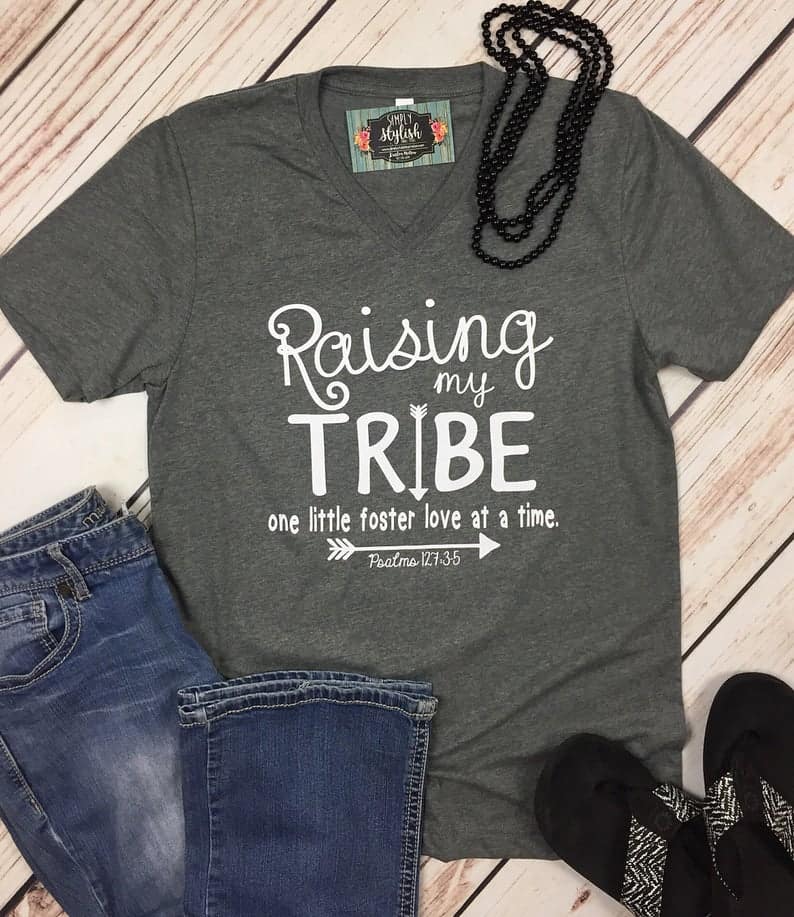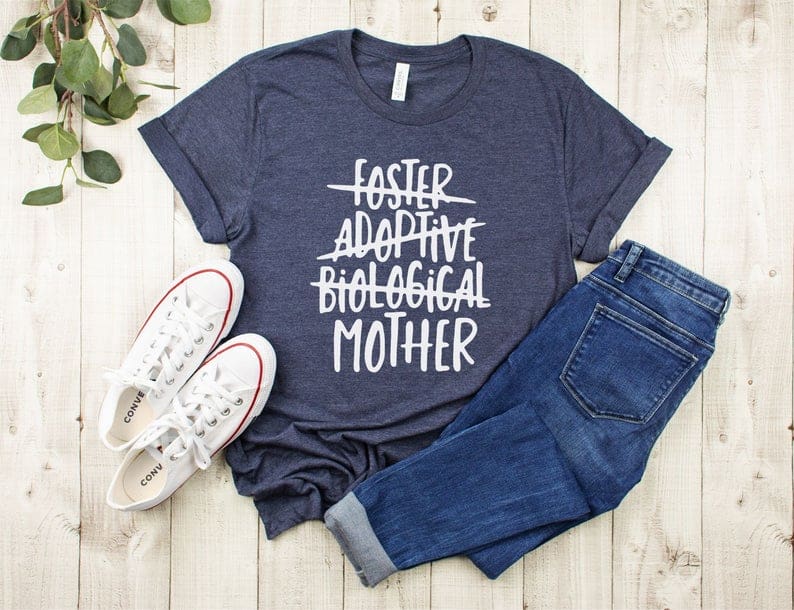How to prepare for your first foster placement
Once you have completed your home study and background checks and have been approved as a foster parent, you will find yourself waiting. Here are some tips for foster parents on how to prepare for your first foster placement.
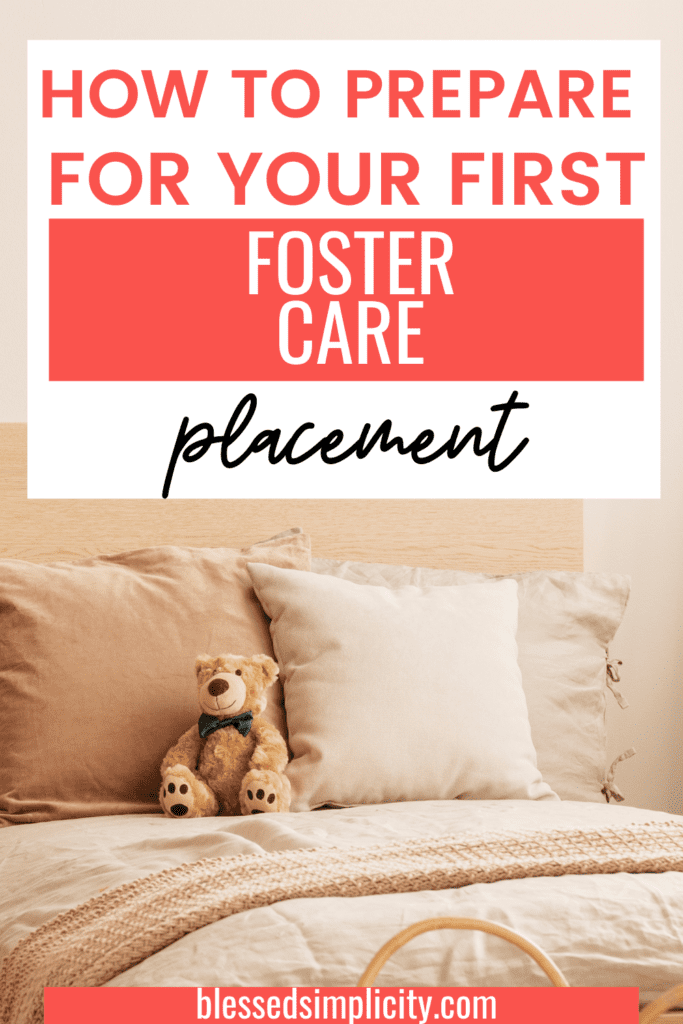
*This post contains affiliate links. Please see the full disclosure policy below.
What to do while waiting for your first foster placement
You have already completed your home study, your home has been approved, and now you are waiting for your first foster placement. These are some of the things you should be doing while you wait.
Keep your home set up for a placement
When you completed your foster care home study, your home was approved for certain children of a certain age and gender. You were also approved for a maximum number of children based on the space available in your home and the bedroom requirements you met. See a list of foster care bedroom requirements here.
While you are waiting for that first foster placement, keep your rooms set up and ready for a placement. You never know when that call is going to come and how much or how little time you will have until that child or children arrive in your home. Find a foster care home safety checklist here.
Keep all of your child safety devices in place. It may be tempting to remove outlet covers or cabinet locks, but you don’t want to be putting those in place while keeping up with a new toddler.
Don’t change your criteria for foster children
When you completed your home study and application paper work, you answered many questions to determine the children you would foster. You were asked about age range, behaviors, exposures, physical health, mental health.
You made those decisions when you were clear and really thinking about your home and your desires and your capabilities.
Example: If you didn’t feel like you could foster a medically fragile child at that time, don’t change your mind now because you are tired of waiting. That will only create problems.
Example: If you did not feel you could successfully foster a child who had acted out sexually, don’t change your mind because you are impatient.
Keep the boundaries you had in place when you were making choices about children you would accept with a clear head and not burdened by emotions of wanting a child.
Get additional Training
There is always something to learn about parenting foster children. No two of these children are exactly alike and any classes or training you can take will only add to the tools in your tool box for parnting them. This will also help you to stay current with your continuing education requirements.
Read books about foster care
There are lots of great books about foster care and the children in foster care. You can find a list of them here. Many foster care agencies will count a book read toward your continuing education hours.
Report any Home Status changes
If the status of anything you originally reported on your home study changes, it will be important to report this to your resource coordinator or manager or to the agency you are working for. Some changes that would be important to report would be:
- Marriage or Divorce
- New address/moving
- Older child moving out
- Pregnancy
- Any legal issues
- Change of job or financial status
- Physical Diagnoses or Disease that would effect your ability to parent a child
Keep a positive attitude
Sometimes it takes a while for a placement. You can be sure that your workers are looking at your home as a possibility for all children that meet your predetermined criteria. They are looking for a successful placement for you and for the child.
Prepare a welcome kit for your placement
You might spend some time preparing welcome kits for children who will be placed in your home. In fact, you might prepare several kits based on the ages and genders of the children you have agreed to foster. If you have only agreed to foster girls, then you will need to prepare kits for girls, but maybe a kit for a younger girl and one for an older girl.
If you have agreed to foster sibling groups, you should prepare a kit for the number of children your home can accommodate.
A foster care welcome kit does not need to be expensive, but it should contain some basic care and comfort items for your foster child. See a full list of ideas for a foster care comfort kit here.
Other Foster Care Posts
If you have questions about Foster Parenting
You can join my Foster Care and Adoption Questions and Answers Facebook Group here and you can join my email list below for free resources and encouragement.
